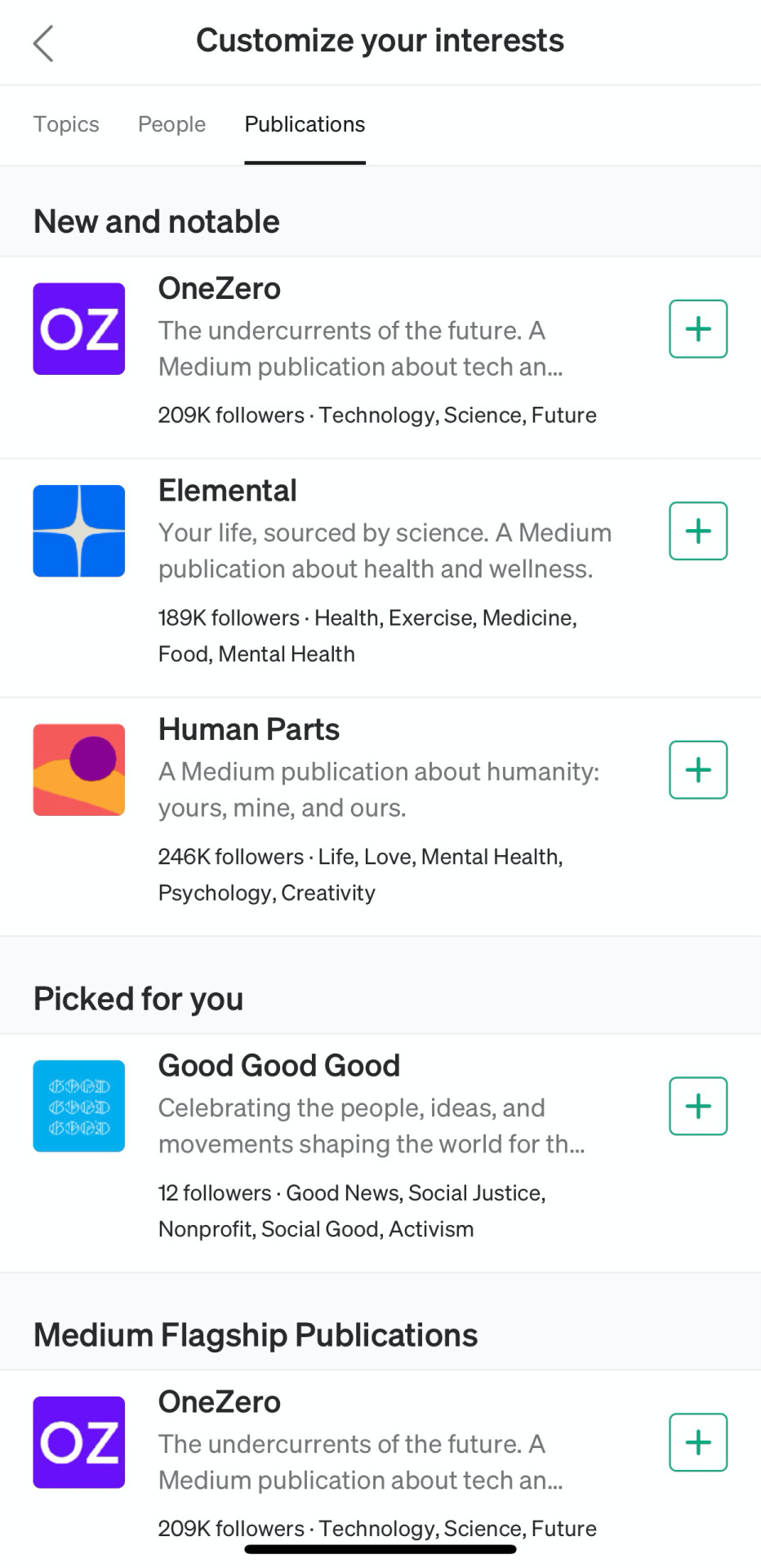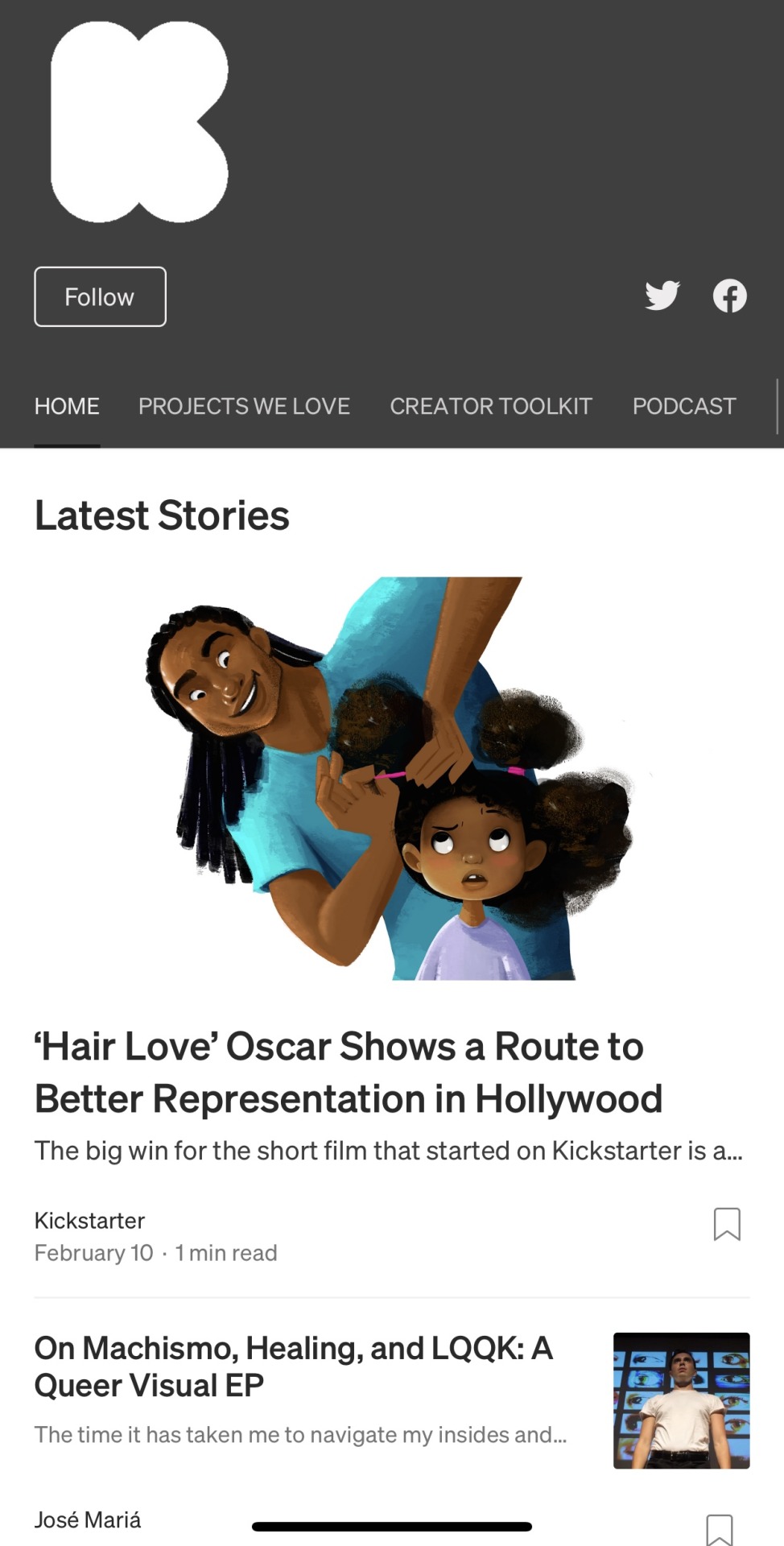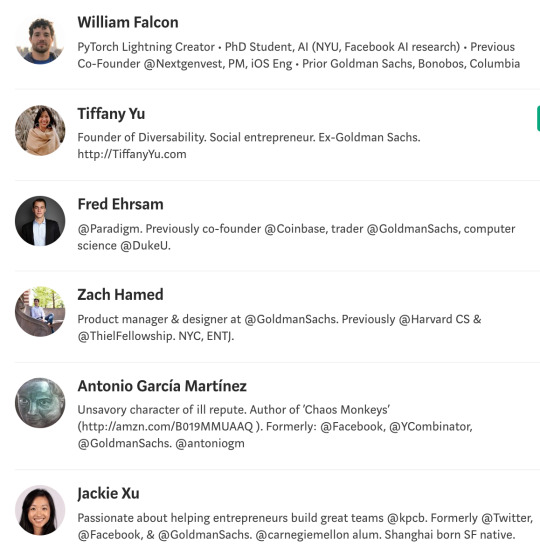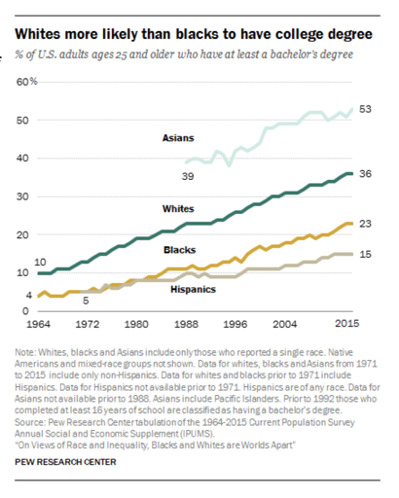#overwhelmingly in women? like. data seems to suggest between 70-85%?
Text
quick note - this blog is gonna be sparse again for at least this week. trying new medications and tbh initial side effects are not super pleasant + actual effects build up. as a result: currently as if unmedicated for mental health, with anxiety+ side effect, extra fatigue, dizziness, and fatigue. it's uh, sure something.
totally recognize that most of y'all know we're absent at times due to health things, just wanted to give a heads up that this one is at least anticipated.
#fun fact sometimes condensing meds just means poorer treatment of some conditions#this is a re-expansion + new thing#so that instead of poorly treating my mental health and using an unusually high dose SNRI for another (physical) condition#i will hopefully both be in less pain AND not depressed af AND also have an appetite again#i doubt i will be lucky and not have a fucked stomach due to meds but one can hope that an appetite will allow me to eat foods that upset#my stomach a lot less#my health is forever a massive balancing act#every time a medical thing is like 'so what meds do u take' i'm like here i wrote it down for u#and they're like 'oh. ooookay. let me just...' *five minutes of typing and clicking later*#'so! what did you come in for again? uhuh. you said you experience pain daily? with your chronic pain thing? hm. have you tried yoga?'#/gen#like. straight up every time i say 'i am in pain all the time due to fibromyalgia' they are like 'ooh studies say regular exercise helps'#and like. theoretically yes! but also. i would be lying if i said the fibromyalgia studies i've skimmed don't set off general 'bad science'#alarm bells in my brain#like... cool you performed a fibromyalgia study with... all male lab rats? mhmm? so are you aware fibromyalgia appears to occur#overwhelmingly in women? like. data seems to suggest between 70-85%?#(not that the data can't still indicate things but it certainly makes male rats a poor choice of model for tests on it)#also just... idk i've looked at some metaanalysis and been like 'okay cool theory and for all i know about human bio or bio in general that#sounds more or less correct BUT. you never discussed that one study on this subject that did NOT support your conclusion.#and that's 1) interesting when it was the most diverse group of subjects and the exceptions often teach just as much as the 'rule'#2) just shitty science. tell me how your theory is still credible when some evidence doesn't fit the model.#like... 'given that all other studies were primarily conducted on white american women in their 30s to 40s it is possible that this model#only explains (the early effects of fibro since that's a typical onset period) / (a possible genetic link primarily found in white women) /#(a possible sign of bias in diagnosis that demonstrates the possibility that there are different causes) / combinations of all of those#like... idk a paper that just throws out things that don't support it is a pretty big red flag#it doesn't mean the conclusion is entirely incorrect but it is often important to understand the context in which it applies#like... it's very easy to jump to an incorrect conclusion if you used something in the wrong context#ie: thumbs up is a good job / positive thing in a lot of western civilizations. teenage kee once went to china and discovered it to be#neutral to offensive in many areas outside of major tourist locations that were used to it#anyways i gotta sleep
82 notes
·
View notes
Text
Media Switch Up 3

For my third Media Switch Up I decided to try Medium. I had essentially zero prior knowledge of this platform and the types of content and people that use it. It was really interesting to try a completely new, especially from a corporate communications standpoint. Normally I don’t spend a lot of time reading blogs or opinion pieces. I probably would never have thought about Medium for corporate communications, but after using it and gaining a better understanding of the benefits and content, it is something that I would like to use much more in the future.
Choosing topics that interest me (or not, in some cases)
At first glance, the app was a bit hard to set up. The initial suggestions were random and I followed a few that interested me to see how that would affect my news feed.

Scrolling through the different posts, it seemed like most of them were users expressing their opinions, and less like a presentation of facts or information.
The targeting algorithm did become a problem initially – I was only following a few topics and read an article on suicide in the Trans community. Following this, every article suggested to me was related to murder, suicide, or death.
Mental health in the LGBTQ community and the profound inequalities in our criminal justice system are both subjects that I really care about. For example, I found the articles “Dear @BenShapiro RE: trans suicides” and “The 13 Year Old Sentenced to Life in Prison for Murder: The story of Lionel Tate” both to be very impactful and insightful. However, I feel like there is a huge difference between those types of articles versus detailed descriptions of crimes with no larger social commentary (for example, “Father kills mother, blames daughter”).
True crime was not a topic I’d chosen to follow, and yet, frustratingly, I was seeing mostly this type of story and nothing on the topics I had actually chosen. I eventually had to resort to manually searching key words and users to change the recommendations I received.
What are people talking about?
Despite my initial (accidental) foray into the spaces on true crime reporting, Alexa reports that the main topics discussed by users are votes, blockchain, and investments:

Medium has expanded on that, reporting the top 20 most used tags in Feb 2020, the first 10 being: Startup, Life, Life Lessons, Politics (American, mostly), Travel, Poetry, Health, and Love. IT and Business are also included in the top 20. As someone who has predominantly worked in communications for financial institutions, this shows me that while Medium may not be the main platform for discussing our services, there is still a base that we could reach on topics like innovation in banking.
It was easiest to find articles from personal users versus companies. In the beginning, I was a bit put off by articles that (at first glance) seemed to be fact-based but then contained no citations or supporting links. I think this is dangerous – it can blur the lines between opinion versus fact.
What I found the most impactful were articles that shared a point of view but used links and sources to support their arguments. Photos were also a useful addition as examples to underline a statement or claim made by the author.
I did find that once I started reading on certain topics, I was exposed to a new source of views and experiences from people of different backgrounds. One article I found very interesting was “Offend Easily? Keep Scrolling, Then, Friend.” by Catherine Pugh, Esq, part the series TOWN: Two Americas in One White Nation.

The author used a combination of personal feelings and experiences supported by concrete facts and examples (with extremely detailed sources, such as the transcript of a speech given by Abraham Lincoln in 1857) told in a format that felt like a conversation while also being very informative. It was a truly an amazing and poignant piece to read - I plan to follow the TOWN series while also looking deeper into other series by the author. Articles and stories like this one are the main reason I will continue using Medium in the future.
How are companies using Medium?
I was very interested to see how companies use Medium – are they trying to reach clients? Other industry professionals?
The first companies I found were startups, tech companies, and entrepreneurial focused companies, such as Kickstarter and AirBnb. Their posts seemed to be an intriguing mix of service-related articles and stories and information on important topics.

For finance and business, it looks like a majority of the more active posters were individuals who work (or previously worked) in the industry.

Some of the large financial companies, like BNP, did have company profiles but they seemed mostly geared towards their tech and innovation teams. Other, like JP Morgan, had an account but no posts.


Because of the lack of presence from certain industries, I think this could be a new platform for companies to start using to foster discussions on related topics.
Analytics
The platform does provide interesting data for journalists and companies. You can track not only how many people are opening your articles, but also how much time it is taking them to read it and if those readers reached the end of the post. In a time when readers tend to prefer short snippets of information, it is helpful to know the average time in minutes that it takes to read your posts and if people are actually finishing them.
Who else is using Medium?
It was difficult to find concrete user statistics for Medium. From a personal perspective, it seemed to me that it is a mix of professional and personal users between ages 20-40. An article from the Search Engine Journal reported that 70% of users are under 50, which makes Medium an interesting platform for targeting a younger generation of professionals. Additionally, 95% of users have a college education and over 45% make over six figures. This significantly narrows down the audience that a company can reach with Medium, but with 85 and 100 million monthly active users it could be ideal for large corporations, especially in industries where people fit that profile. With the main user populations being located in the U.S. and India – notably, countries where English is a native language – the strategy and tactics being used should be targeted to those groups.
The lack of data on users and apparent diversity is a problem for me.
If I am going to use this platform in a professional sense, I would like to know more about who is reading articles on Medium. My industry is making an active effort to be more inclusive and appeal to a larger audience, and I feel that content needs to be adapted to different cultures. Are most of the readers female or male? Are they predominantly White or POC? Is there a large Veteran base? Is this a space where LGBTQ+ people from different backgrounds feel comfortable sharing their stories and opinions?
I could infer from some of this by comparing the data with income and college graduation statistics, and the results are not in Medium’s favor. Women and men are almost equally likely to have a college degree, but for other groups the are huge differences.
Whites and Asians are overwhelmingly more likely to have a college degree, and the gap is equally pronounced in income statistics.


Does this mean that a majority of users on the platform are White and Asian? If I want to learn more about the Queer experience, am I hearing from diverse voices in that community, or just a few? The same questions arise for veterans and active service members who have or are currently pursuing college degrees and the average salary of that population, both during and after their service. If I want to start a discussion on the support that veterans need to adapt to civilian and office life, am I going to be getting as many points of view as possible?
Without concrete statistics to review, it’s concerning. As a user, it can be hard to tell, especially since so many of the articles I see are based on topics I chose to follow or past articles that I read. Especially considering these statistics, it worries me that the user base skews so far towards a highly educated and upper-middle/upper-class backgrounds. I think this creates a risk of discouraging readers from other backgrounds. Even if someone themselves does currently fit in these categories, they may not be exposed to the site if they are not from a similar environment.
Final Thoughts
Overall, I think that Medium could be an interesting platform for companies to use to engage in conversations about specific topics with their customer base or other people in the industry. I appreciate the fact that articles are often told as stories and express comprehensive points of view. I would like to know more about who is using the platform, and I would like to have suggested stories that are not as based on whatever I just read. I think it is a great way to open yourself to others’ experiences and opinions on a large variety of topics, and I like that you can do a Series of posts on a specific topic.

From a corporate perspective, I think it would be interesting to do series dedicated to topics like Diversity & Inclusion and Innovation. It could be a good way to get an outside perspective and break down barriers for both corporate and personal use. I plan to continue to explore the platform to continue to educate myself on topics that are important to me, while also looking for more ways that I could use it in my work.
0 notes